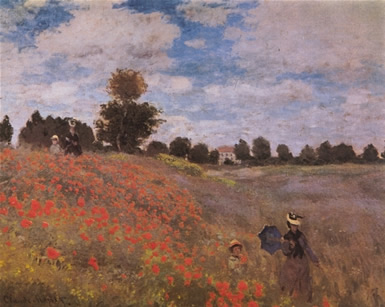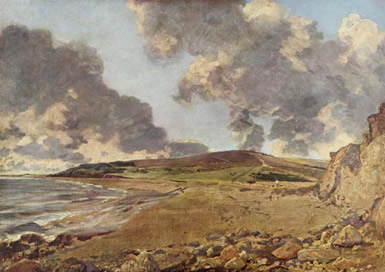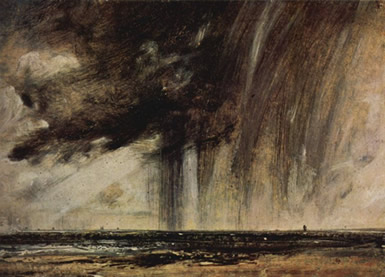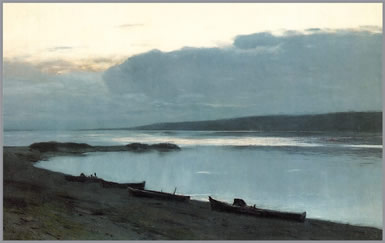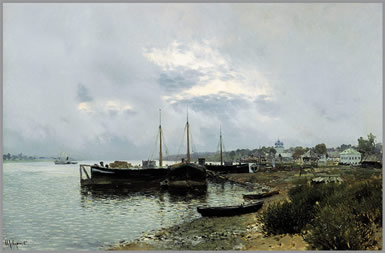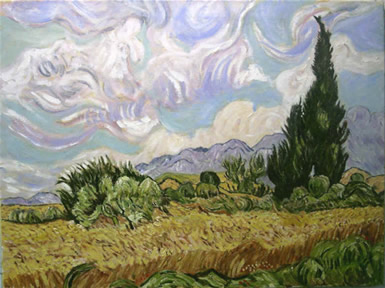To the Moon
BLESS thy bright face! though often blessed before
By raving maniac and by pensive fool;
One would say something more-- but who as yet,
When looking at thee in the deep blue sky,
Could tell the poorest thought that struck his heart?
Yet all have tried, and all have tried in vain.
At thee, poor planet, is the first attempt
That the young rhymster ventures. And the sigh
The boyish lover heaves, is at the Moon.
Bards, who -- ere Milton sung or Shakspeare played
The dirge of sorrow, or the song of love,
Bards, who had higher soared than Fesole,
Knew better of the Moon. 'T was there they found
Vain thoughts, lost hopes, and fancy's happy dreams,
And all sweet sounds, such as have fled afar
From waking discords, and from daylight jars.
There Ariosto puts the widow's weeds
When she, new wedded, smiles abroad again,
And there the sad maid's innocence -- 't is there
That broken vows and empty promises,
All good intentions, with no answering deed
To anchor them on the substantial earth,
Are shrewdly packed. -- And could he think that thou,
So bright, so pure of aspect, so serene,
Art the mere storehouse of our faults and crimes?
I'd rather think as puling rhymsters think,
O; love-sick maidens fancy -- Yea, prefer
The dairy notion that thou art but cheese,
Green cheese --than thus misdoubt thy honest face.
--From Poems of John Brainard / by John Brainard [electronic text]
Brainard, John G. C. (John Gardiner Calkins), 1796-1828
Courtesy of the University of Michigan Humanities Text Initiative American Verse Project.






